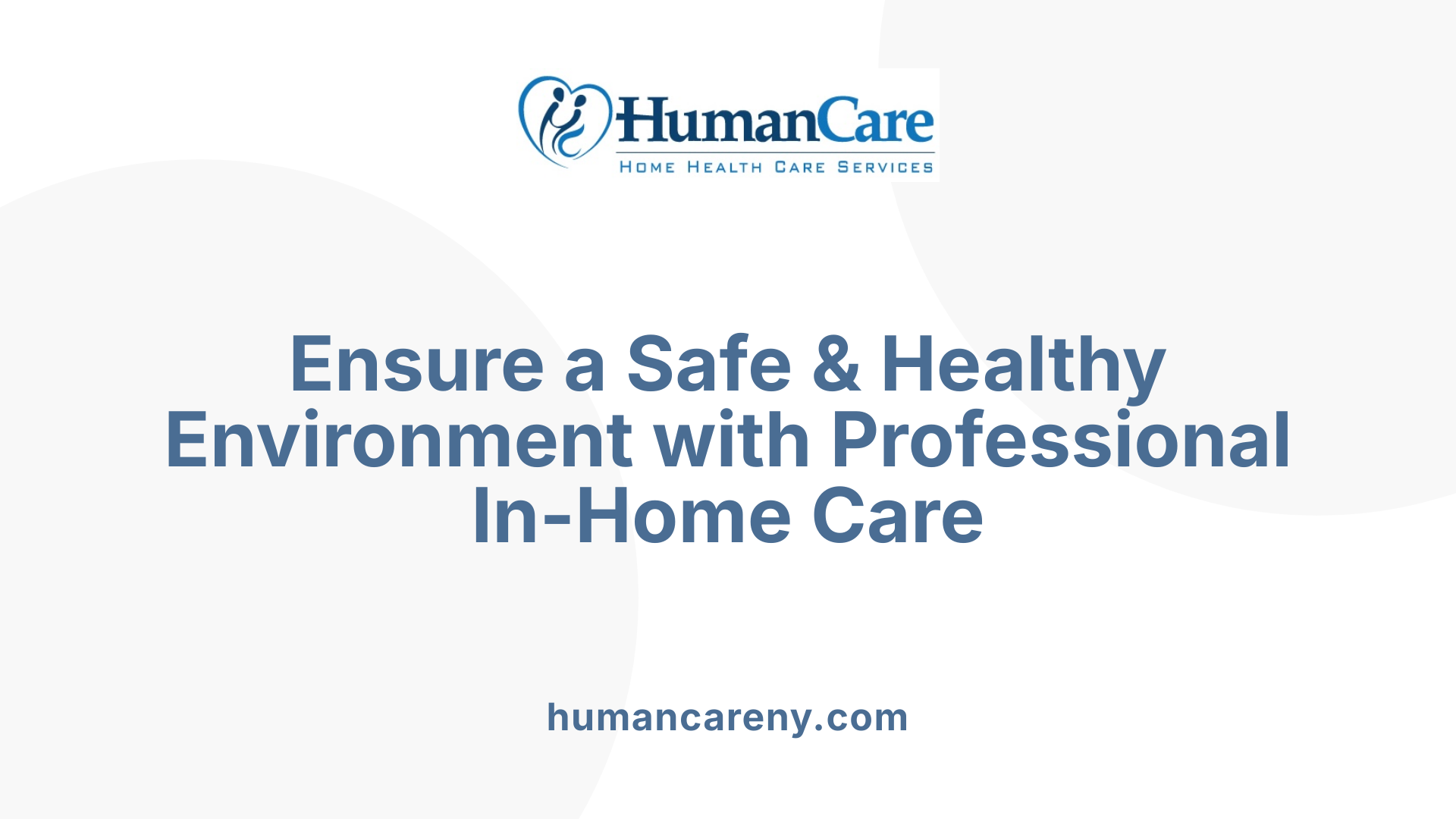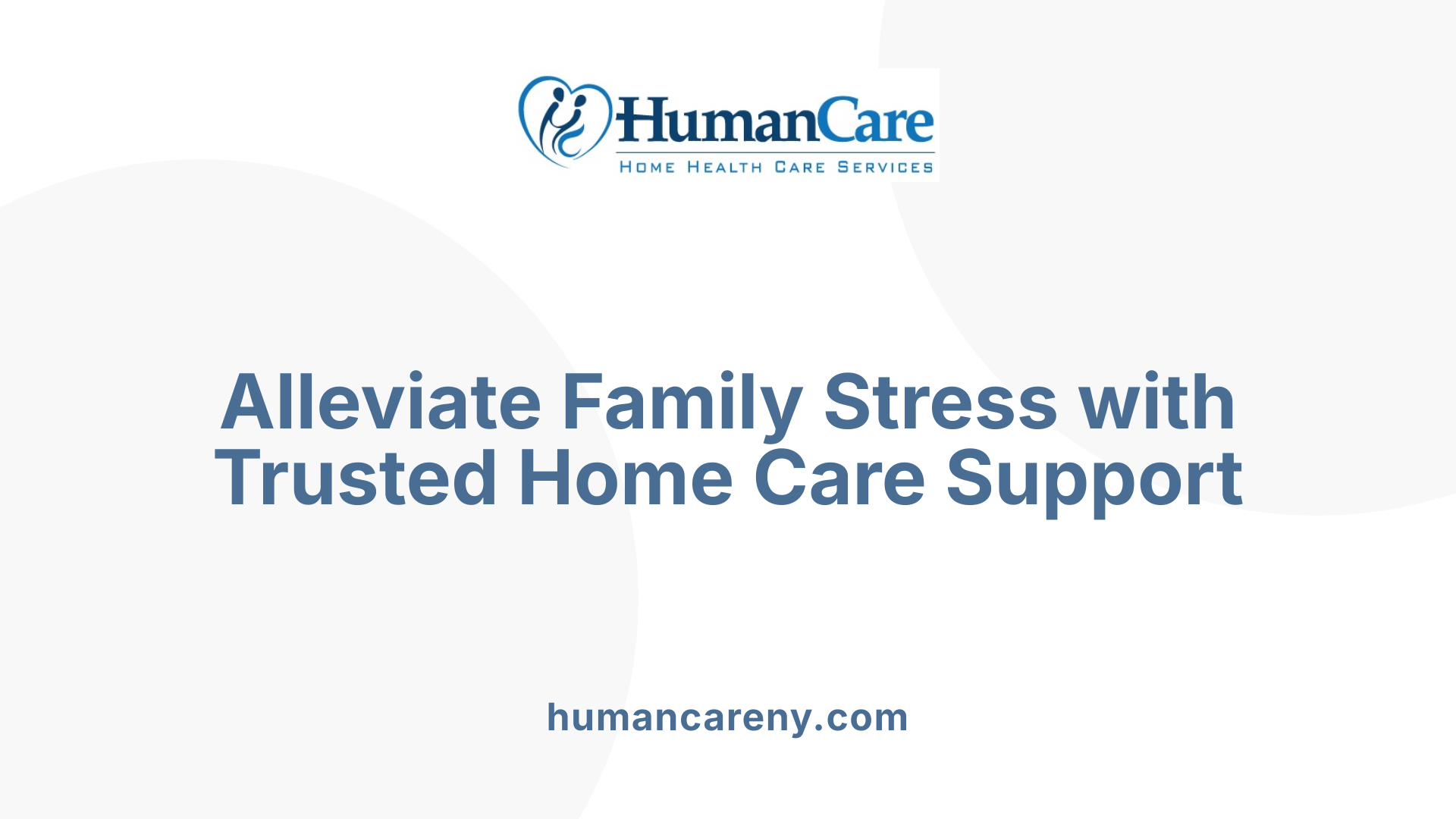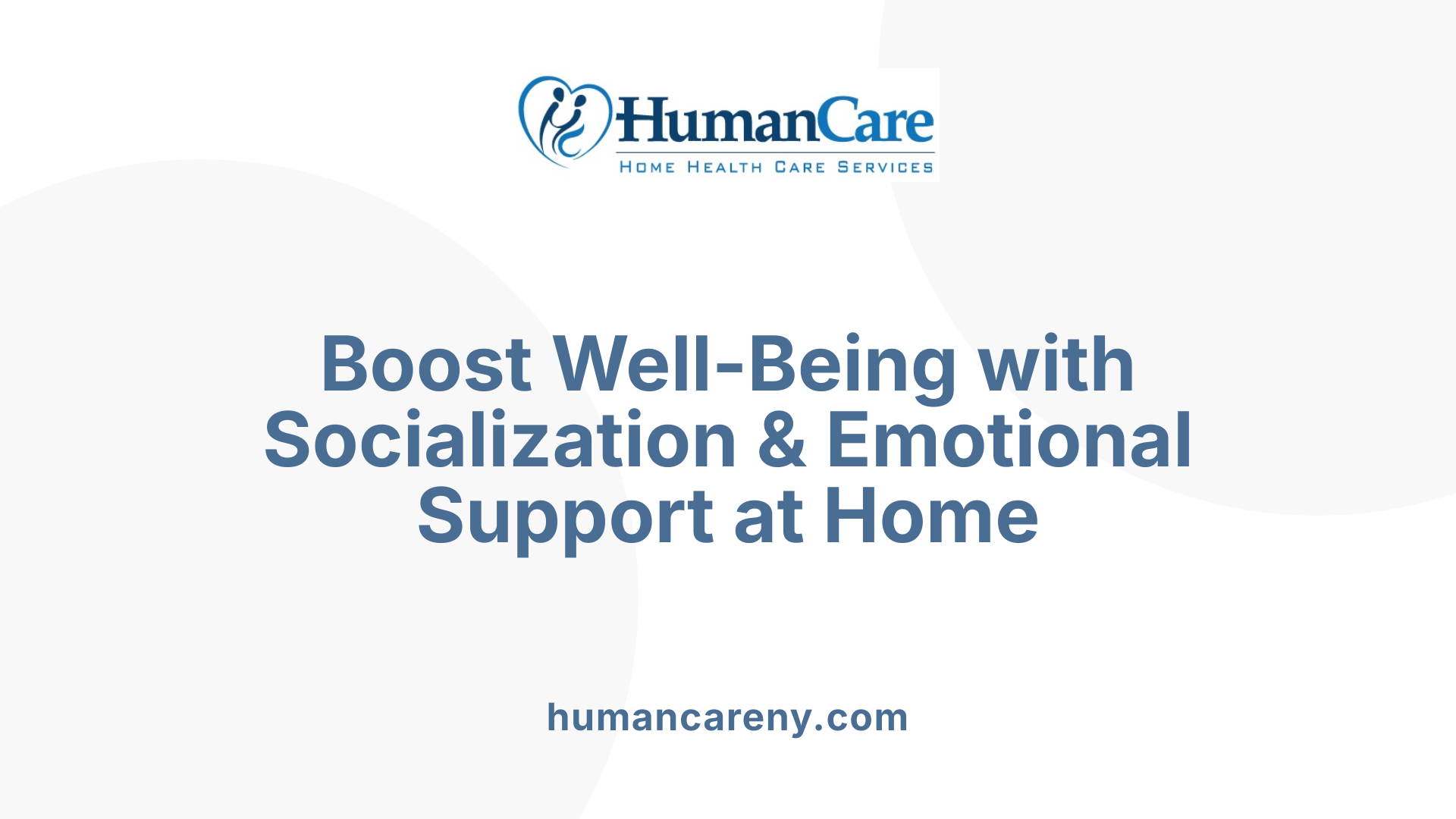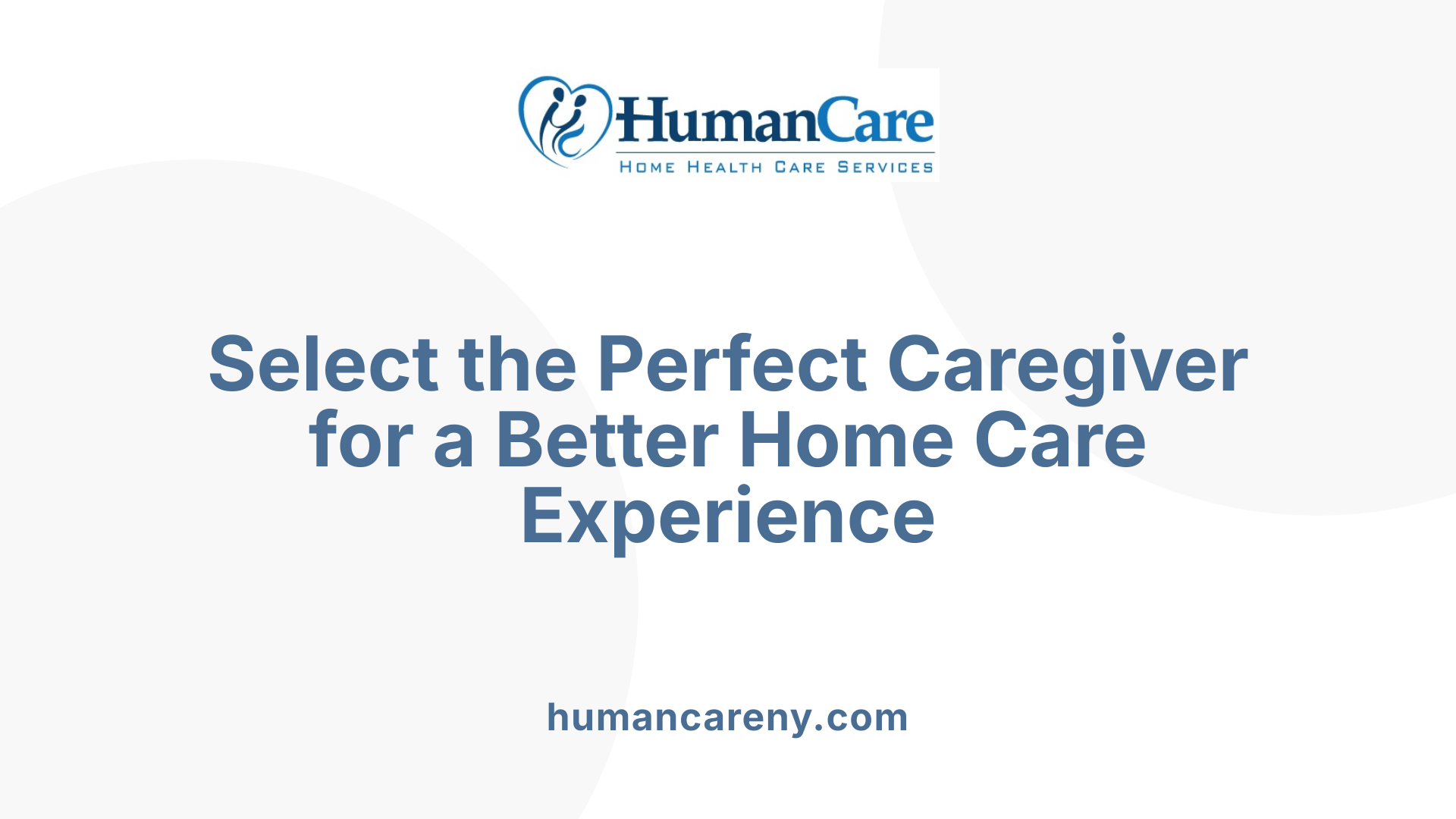Why Affordable Home Care Matters for Seniors
Affordable home care is essential in enabling seniors to maintain their independence and quality of life within the comfort of their own homes. As the demand for senior care rises, understanding the benefits, funding options, and personalized nature of in-home care becomes crucial to ensuring accessible and effective support for elderly populations.
Preserving Independence and Comfort Through Personalized Home Care
Why is aging in place important for seniors?
Aging in place allows seniors to live in their own homes, surrounded by familiar environments and personal belongings. This setting supports their sense of autonomy and comfort, which is crucial for emotional well-being. Staying at home helps maintain established routines, promoting stability in daily life.
How do personalized care plans enhance senior care at home?
Personalized care plans are tailored to the unique health needs and lifestyle of each senior. Caregivers develop close relationships with those they assist, enabling them to adjust support effectively—whether it's managing medications, assisting with mobility, or addressing chronic conditions. This customized approach ensures that seniors receive the precise help they require while preserving their independence.
In what ways does home care help maintain daily routines and autonomy?
Home care services support seniors in performing daily activities such as grooming, meal preparation, exercise, and transportation. Assistance is tailored to encourage self-sufficiency rather than replace the senior’s input entirely. This balance allows seniors to maintain their personal routines, which fosters a feeling of control and dignity.
What role does companionship play in mental well-being for seniors receiving home care?
Companionship from caregivers or senior companion services provides meaningful social interaction that combats loneliness and social isolation—common issues among elderly individuals. Regular engagement with caregivers not only uplifts mood but can also improve cognitive function and overall mental health. These social bonds are vital for emotional resilience and quality of life.
Through supporting older adults in their own homes with customized care and consistent companionship, in-home care helps preserve both their independence and comfort, contributing significantly to their overall life satisfaction.
Safety and Health Benefits of Professional In-Home Care Services

How Do In-Home Caregivers Identify and Prevent Hazards?
In-home caregivers play a proactive role in making seniors' homes safer. They carefully assess the environment to spot potential hazards such as loose rugs, poor lighting, or cluttered walkways that could cause falls or injuries. By removing or adjusting these risks, they create a safer living space, helping seniors avoid accidents and maintain independence.
What Role Does Medication Supervision Play in Senior Health?
Managing multiple medications can be challenging for seniors. Professional caregivers oversee medication schedules to ensure doses are taken correctly and on time. This supervision reduces medication errors, prevents adverse reactions, and supports better overall health outcomes by strictly following prescribed treatments.
How Does In-Home Care Help Reduce Rehospitalization?
Through continuous health monitoring and personalized care plans, in-home caregivers track changes in a senior's condition. Early signs of illness or complications can be detected promptly, which allows for timely intervention and often prevents the need for hospital readmission.
In What Ways Does In-Home Care Minimize Fall Risks?
Fall prevention is a major focus of professional home care. Caregivers assist with mobility, help seniors perform strength and balance exercises, and ensure safety aids like grab bars are in place. This comprehensive approach lowers the chance of falls, which are a leading cause of injury among older adults.
Why Is Continuous Health Monitoring Important?
Ongoing health oversight allows caregivers to observe physical and emotional changes, adjust care as necessary, and communicate with healthcare providers when needed. This vigilance supports seniors’ well-being, enabling early detection of health problems and ensuring consistent management of chronic conditions.
These safety and health benefits illustrate how professional in-home care promotes a secure and healthy environment for seniors aging comfortably in place.
Financial Accessibility: Cost-Effectiveness and Funding Sources for Home Care
How Does In-Home Care Compare Cost-Wise to Institutional Care?
In-home care often proves more cost-effective than institutional care. By eliminating expenses associated with transportation, food, and accommodation in facilities, seniors and families can maintain quality support without the high costs typical of nursing homes or assisted living centers.
What Major Government Programs Fund In-Home Care?
Medicaid and Medicare stand out as primary government-funded programs helping seniors access home care services. Medicaid, in particular, covers skilled nursing and personal care based on income and asset eligibility. Numerous states provide consumer-directed long-term services and supports (LTSS) through Medicaid waivers, such as the 1915(c) waivers and the 1915(k) Community First Choice option, allowing more personalized, flexible care options.
How Do Consumer-Directed Care Models Benefit Seniors?
Consumer-directed care empowers Medicaid enrollees to hire and manage their caregivers, including family members. Programs exist across all 50 states and DC, offering autonomy and ensuring tailored care. Examples include Connecticut’s 1915(k) CFC program, Florida’s participant-directed option within Medicaid managed care, and Virginia’s CCC Plus waiver program. These models also feature safeguards like fraud prevention controls and electronic visit verification.
What Other Funding Sources Are Available?
Veteran benefits, such as the Aid and Attendance Benefit and Veterans Health Administration programs, provide financial assistance for eligible veterans and spouses. In addition, long-term care insurance policies can cover in-home care if purchased early and appropriate. Further resources include State Medicaid Waivers, PACE, and the Older Americans Act.
What Roles Do Organizations Play in Funding Assistance?
Organizations like CDChoices support families by navigating financial and administrative complexities, guiding them through funding options, program eligibility, and application processes. Their assistance helps seniors access the most appropriate and affordable in-home care services.
| Funding Source | Description | Notable Features |
|---|---|---|
| Medicaid | Covers skilled and personal care based on eligibility | State-specific waivers, consumer-directed options |
| Medicare | Limited coverage for home health services | Primarily post-hospitalization care |
| Veteran Benefits | Aid & Attendance, Veterans Health Admin. support | For veterans and spouses |
| Long-Term Care Insurance | Covers home care if purchased early and relevant | Varies greatly by policy |
| Organizations (e.g., CDChoices) | Help navigate funding and administrative aspects | Facilitate access to programs and services |
Consumer-Directed Care Models Empowering Seniors and Their Families

What Is Consumer Direction in Caregiver Selection and Management?
Consumer-directed care models empower seniors and their families by allowing them to select, hire, and manage caregivers directly. This approach offers personalized control over the caregiving process, fostering autonomy. For example, programs enable individuals to tailor care exactly to their needs—whether assistance with bathing, dressing, or mobility—and manage schedules accordingly.
What Medicaid Waivers and State-Specific Programs Support Consumer Direction?
All 50 states and Washington, DC offer at least one consumer-directed long-term services and supports (LTSS) option to promote independence. Important Medicaid authorities facilitating these models include:
- 1915(c) Waivers: Provide home and community-based services with flexible caregiver employment options.
- 1915(k) Community First Choice (CFC): Allows beneficiaries to hire, supervise, and manage staff including family members, using a universal assessment to set budgets.
State examples:
| State | Program Name | Features |
|---|---|---|
| Connecticut | 1915(k) CFC | Enables hiring family caregivers with fraud prevention controls |
| Florida | Medicaid Managed Care PDO | Participant-directed option with managed plan oversight |
| Virginia | CCC Plus Waiver | Consumer direction with reimbursing family caregivers (excluding spouses/parents of minors) |
How Are Family Caregivers Integrated as Paid Providers?
Medicaid-funded consumer-directed care programs allow hiring family members and approved individuals as paid caregivers. This recognizes and supports the vital role family caregivers play, offering them compensation while ensuring care quality. Such approaches relieve financial and emotional burdens and promote tailored care from trusted individuals.
What Fraud Prevention Measures Ensure Program Integrity?
States implement several safeguards to prevent fraud and abuse, including:
- Background checks and provider requirements
- Electronic visit verification (EVV) systems
- Routine monitoring for overutilization or misuse of funds These measures protect both beneficiaries and public resources.
How Did COVID-19 Influence Consumer-Directed Care Policies?
During the pandemic, enrollment in consumer-directed care rose significantly. States responded by:
- Adjusting policies to support family caregivers, including hazard pay
- Providing personal protective equipment (PPE) This flexibility underscored the adaptability and importance of consumer-directed models during public health emergencies.
Consumer-directed care programs continue to transform senior in-home care by combining independence, personalized support, and family involvement while safeguarding funds and adapting to emerging needs.
Relieving Family Caregiver Burdens with Professional Home Care Support

Why Do Family Caregivers Often Feel Overwhelmed?
Caring for an elderly loved one at home can be physically and emotionally taxing for family members. Balancing daily routines, medical needs, and personal life can lead to stress and burnout. Many family caregivers struggle with the continuous responsibility, especially when care needs increase.
How Does Respite Care Provide Crucial Support?
Respite care offers temporary relief for family caregivers by providing professional assistance during short breaks. This service allows caregivers to recharge and attend to their own well-being. Knowing that a trained caregiver is looking after their loved one ensures peace of mind during these periods.
What Roles Do Professional Caregivers Play?
Professional caregivers support seniors by assisting with daily activities such as grooming, medication management, and mobility. They bring specialized skills and experience that help maintain seniors' health and safety. They also provide companionship, reducing loneliness and enhancing emotional well-being.
How Does Professional Care Give Emotional Reassurance to Families?
Having qualified caregivers involved helps reduce families' anxiety about their loved one's care quality and safety. Families feel reassurance knowing that support is available around the clock, enabling quick responses to health changes or emergencies.
What Does Around-the-Clock Care Mean for Families?
Around-the-clock care ensures continuous monitoring and help, day and night. This constant presence can prevent accidents, manage medical needs promptly, and provide comfort to seniors. Families benefit from knowing their loved ones are never alone and receive immediate attention whenever needed.
Enhancing Quality of Life Through Socialization and Emotional Support at Home

Combating Loneliness Through Companionship
One of the profound benefits of in-home care for seniors is its role in combating loneliness. Caregivers provide essential companionship that can help reduce feelings of social isolation common among elderly individuals living alone. This consistent social interaction supports seniors' mental and emotional health, fostering a sense of connection and belonging.
Adult Day Services and Senior Companion Care
In-home care often extends beyond basic assistance by including adult day services and senior companion care. These services encourage seniors to engage with peers and caregivers, promoting social activities that enrich their daily lives. Such interaction prevents isolation, helping seniors remain active within their community while still receiving the personalized attention they need.
Mental and Emotional Well-Being Benefits
Personalized interaction with in-home caregivers significantly enhances a senior’s mental and emotional well-being. By developing trusting relationships, caregivers can tailor support to each individual's emotional needs. This nurturing environment helps seniors cope with challenges related to aging, such as loss of independence or health issues, thereby improving overall quality of life.
Personalized Interaction Fostering Trust
Trust between caregivers and seniors is built through personalized care plans and regular interaction. When caregivers understand the unique preferences and routines of those they support, they can provide comfort and reassurance. This tailored approach helps seniors feel valued and secure in their living spaces.
Aging with Dignity in Familiar Surroundings
Perhaps most importantly, in-home care enables seniors to age with dignity in familiar surroundings. Maintaining their daily routines and environments supports their autonomy and preserves their identity. This not only benefits emotional health but also fosters peace of mind for both seniors and their families.
| Aspect | Description | Benefit |
|---|---|---|
| Combating Loneliness | Caregivers provide companionship to reduce social isolation | Enhanced emotional health and reduced depression |
| Adult Day Services | Social engagement through group activities | Increased social interaction and active lifestyle |
| Mental Well-Being | Personalized emotional support and trust building | Improved coping with aging challenges |
| Personalized Care | Tailored assistance aligned with individual needs | Greater comfort and security |
| Aging in Place | Remaining in familiar home environment | Maintained autonomy and dignity |
Choosing the Right Caregiver: Ensuring Compatibility and Quality in Home Care

Assessing Specific Needs
Choosing the right caregiver starts with a clear understanding of the senior’s individual needs. These can include assistance with daily activities like bathing, medication management, mobility support, or specialized care for chronic conditions. A personalized care plan helps identify precisely what kind of support is required.
Verifying Credentials and Experience
It’s crucial to verify caregivers’ credentials and experience to ensure they have the skills necessary to provide safe and effective care. This includes checking certifications, background checks, and references. Experienced caregivers often better anticipate and respond to seniors' changing health conditions.
Personality and Communication Fit
Compatibility between the caregiver and the senior is vital. A positive personality match fosters trust and makes the caregiving relationship more comfortable and effective. Good communication skills are essential for understanding needs and building rapport.
Importance of Trial Periods
Many agencies or services offer trial periods, allowing families to evaluate how well a caregiver fits their loved one’s needs and preferences. This flexibility helps prevent long-term mismatches and ensures the comfort and safety of the senior.
Flexible Service Arrangements
Care needs can change over time, making flexibility in service arrangements important. Selecting a caregiver who can adapt to evolving needs and schedules ensures continuous, personalized support without disruption.
Choosing a caregiver with these considerations helps improve the quality of in-home care, supporting seniors’ independence, safety, and emotional well-being in their familiar surroundings.
Affordable Home Care: A Vital Component for Senior Well-Being
Affordable home care is indispensable in supporting seniors to live independently, safely, and with dignity. By providing tailored care within a familiar environment, it addresses both health and emotional needs while easing burdens on family caregivers. With diverse funding options and consumer-directed models, more seniors can access this essential service. Ultimately, investing in affordable home care is investing in the quality of life and comfort that every elderly individual deserves.



